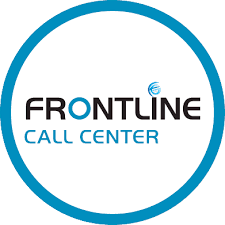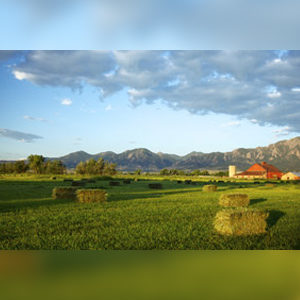Cash Reserves and Business Stability: Building Financial Resilience
Running a business is no easy feat. Every day, you’re juggling several different things—keeping customers happy, managing operations, thinking about growth—sometimes, it can feel like things are going great, and other times… not so much. That’s the thing about business: It’s unpredictable.
That’s why having cash reserves in place can make all the difference. It’s a strategy that lets you rest easy knowing you’ve got something to fall back on if the unexpected happens.
Let’s examine why cash reserves are crucial, how to determine what you need, and how to build them up so you’re ready for whatever comes next.
Why Cash Reserves Matter
Running a business is all about handling the unknown. Cash reserves act as your safety net, giving you the stability to keep going if things take a sudden turn.
Here are some reasons why you should have a cash reserve:
- Keep Things Running Smoothly During Lean Times: Every business has ups and downs—sometimes it’s a slow season, sometimes clients are slow to pay, or maybe a sudden event causes a temporary dip in revenue. Cash reserves help you pay for the essentials—salaries, rent, utilities—when cash flow slows down.
- Seize New Opportunities: Cash reserves aren’t only for emergencies—they give you the freedom to act quickly when new opportunities arise. Whether it’s upgrading your tech, acquiring a competitor, or expanding your product lineup, having funds available ensures you will be able to seize new opportunities that would be fruitful for your business.
- Avoid Debt: Debt is an expensive solution to cash flow issues and can cause long-term strain. Cash reserves can help you avoid relying on credit and allow you to handle short-term challenges without the added burden of loans.
How Much Should You Keep?
As a general rule, financial experts suggest aiming for about three to six months of operating expenses. This gives your business enough of a buffer to weather storms—whether it’s a temporary sales drop or a more severe economic downturn—without causing a significant disruption.
Some things to consider when determining how much to save:
- How Stable Is Your Industry? If your business is in an industry that experiences prominent ups and downs (like retail or hospitality), you might want a more significant reserve to cover those slow months.
- How Predictable Is Your Income? A business with steady, recurring revenue might not need as large a cushion as one with more variable cash flow.
- Where Is Your Business in Its Growth Cycle? New businesses face more financial uncertainty than established ones, so it might be wise to build up a more considerable reserve early on.
Building Cash Reserves: Where to Start
Okay, so you know why you need cash reserves and have an idea of how much you need—but how do you get started building them?
- Understand Your Current Cash Flow: Before setting aside money, you need to know where your money is going. Monitor your income and expenses for a few months to see your monthly cash flow. This will give you an idea of how much you need to cover monthly expenses and help you figure out a reasonable target for your reserve.
- Start Small, Stay Consistent: Building reserves doesn’t happen overnight. But you can start by setting aside a small percentage of your monthly profits.
- Automate the Process: Make things easier by implementing an automatic transfer to a separate savings account from your main account each month. That way, it’s one less thing to think about, and it will become a habit you won’t overlook.
- Keep It Separate: Don’t keep your reserves in the same account you use for daily expenses. Put them in a separate savings account, so they’re easy to access if you need them but not so easily that you’re tempted to dip into them for non-emergencies.
- Reevaluate Periodically: Your cash reserve needs will evolve as your business grows. Check your reserves every few months to ensure you’re still on track. If your revenue increases, you may need to up your savings target, or if your business goes through changes, your expenses might need a review.
Conclusion
Building cash reserves helps you maintain during the inevitable ups and downs faced when running a business, grab opportunities when they appear, and keep things running smoothly without stressing over every cash flow dip.



